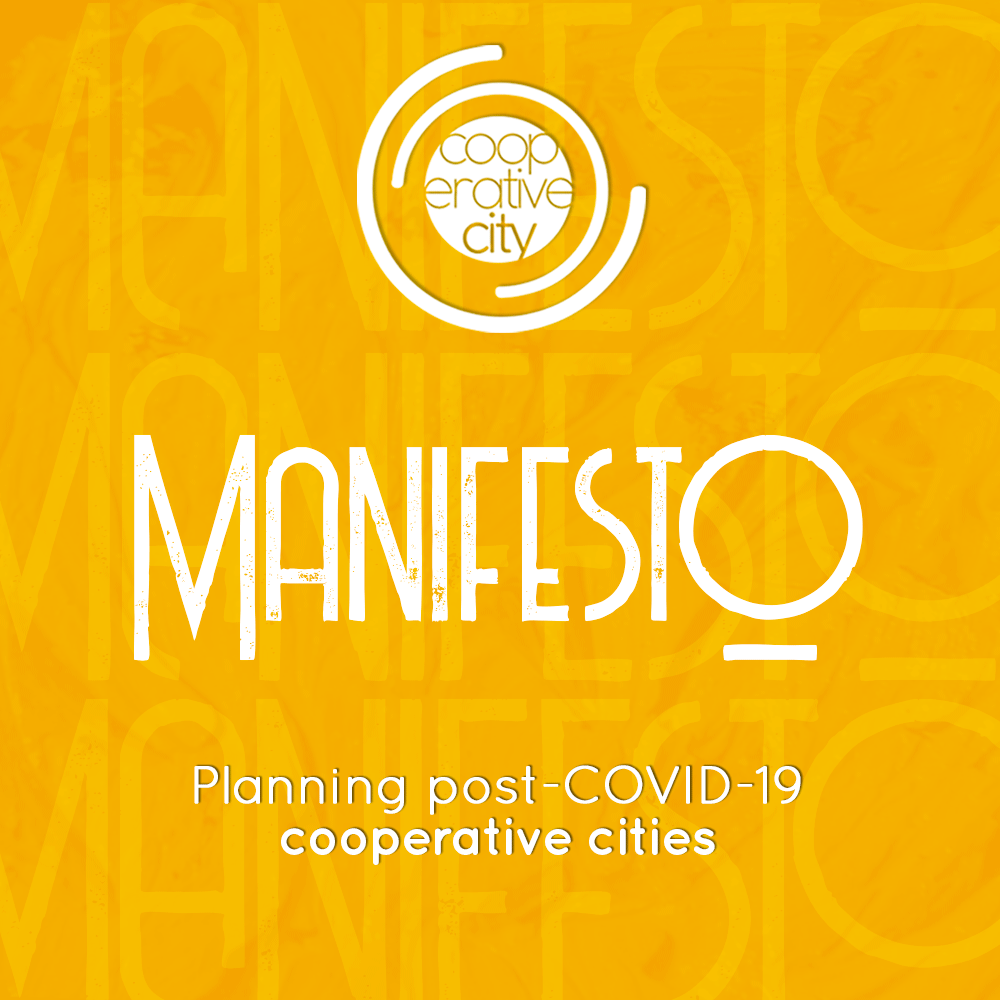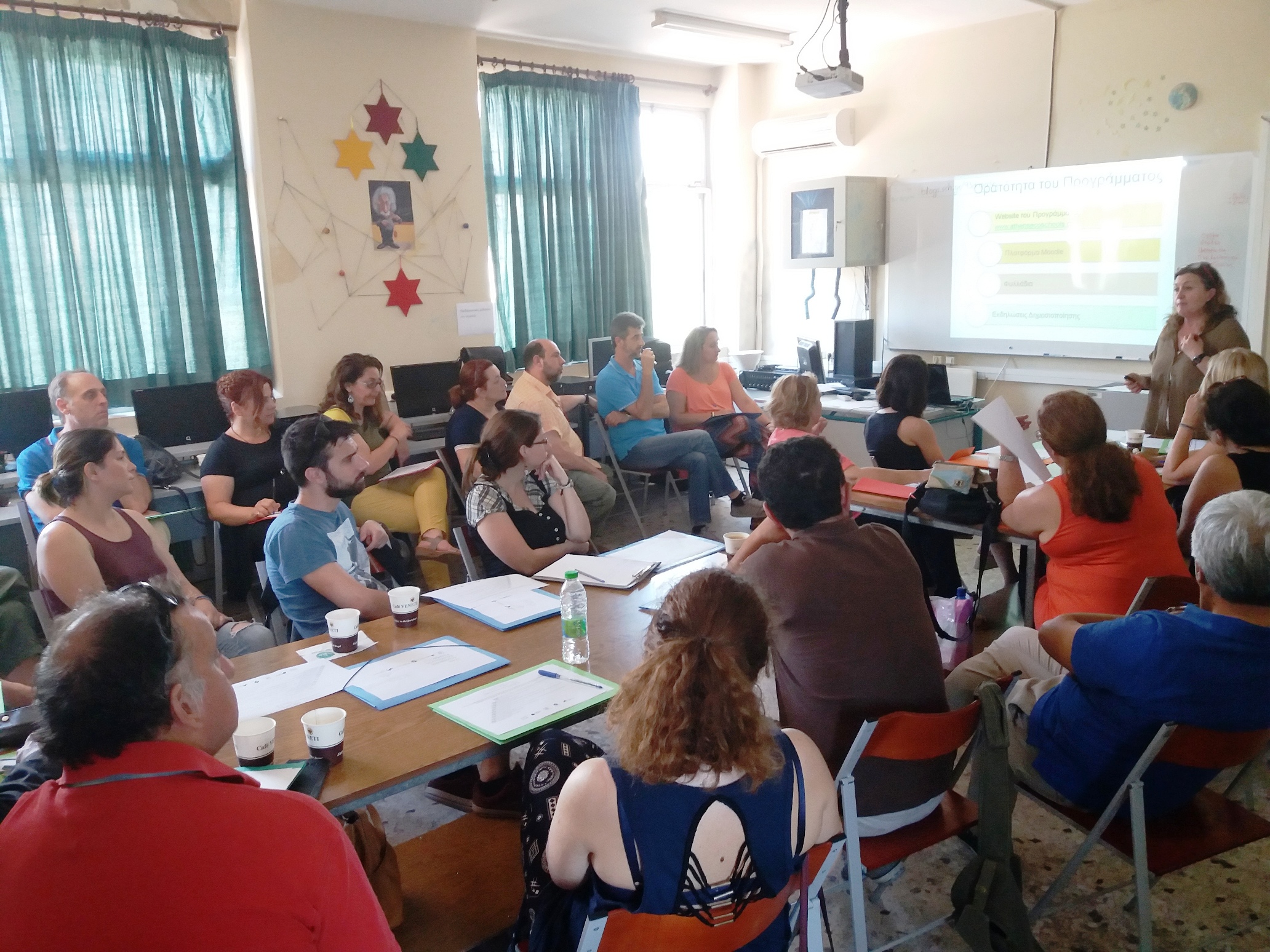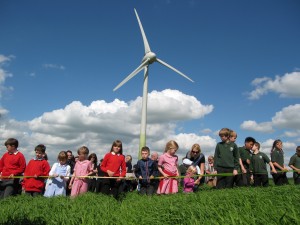
Anemos Ananeosis / Wind of Renewal and its Welcommon Hostel have signed a Manifesto on Social Economy in June that was addressing the EU. The manifesto was subscribed by over 30 organisations from across Europe.
Planning post-COVID-19 cooperative cities
Building on existing efforts towards social economy
We advocate for existing knowledge, policy recommendations and financial resources to be geared towards the strengthening of social and solidarity economy practices* throughout Europe. We believe that this is the way forward to not leave anyone behind.
At the present time EU Member States and the European Parliament are discussing with which instruments and under which conditionalities should the EU direct its investments. Whilst this is a fundamental process, we also know that this will take time, which many people in Europe cannot afford to afford. For this reason we suggest to take immediately a few steps, capitalising on existing efforts carried out up until now:
- FRAMEWORK: Over the past years, the EU has made a great effort towards developing the EU Urban Agenda, with detailed action plans foreseen for key themes connected to sustainable urban development. We should highlight the recommendations that can strengthen social economy.
- PILOT ACTIONS Key actions planned within the EU Urban Agenda Partnerships, which can directly address the most pressing social and economic challenges through a social and solidarity economy perspective, should be rapidly implemented as a test-bed. For this, funding and guidance should be allocated, as is being done through the Urban Innovative Actions program.
- CAPACITY BUILDING: EU programs such as URBACT, Urban Innovative Actions and JPI Urban Europe amongst others, could cluster the knowledge developed up to now, to ensure the capacity building of stakeholders in the social economy.
This manifesto provides an overview of the key items to take into consideration to ensure Better Knowledge, Better Policy and Better Funding, in terms of financial allocations and in-kind support, as a means to strengthen social and solidarity economy in Europe.
This Manifesto is currently being subscribed by a number of organisations throughout Europe, it is therefore to be seen as a starting point for dialogue and action to take place.
WHY SOCIAL AND SOLIDARITY ECONOMY
During the COVID-19 crisis, throughout Europe we have seen solidarity practices being developed by civic organisations, often in cooperation with the local authorities and businesses. These practices have proven to be, in many cases, essential welfare services to the marginalised members of our communities. Yet most of these initiatives have been started up or strengthened as a result of the current health emergency, mostly on a voluntary basis, which have self-evident limitations on the long run. Furthermore, we have seen that social purpose companies were more resilient in this crisis than simple for-profit companies. These are learning points for the planning of post-COVID-19 cooperative cities.
Throughout the lockdown, the Cooperative City magazine on collaborative urban practices in Europe has carried out a series of public webinars to explore with municipalities, civic organisations, private actors and researchers, what are the most pressing issues and what solutions can be created to overcome this crisis. Aside from the dramatic health crisis, we know that we have only seen the tip of the iceberg in terms of socio-economic impacts that the coronavirus will have on our society. In fact, worldwide, half a billion people face poverty after COVID-19. It is conservatively estimated that about 45 million jobs in the EU are at risk**.
At the same time there are 2 million social economy enterprises in Europe, representing 10% of all businesses in the EU. More than 11 million people – about 6% of the EU’s employees – work for social economy enterprises. Up to 160 million people in Europe are members of social economy enterprises. Whilst social businesses have different legal forms and operate in a wide range of sectors objectives ranging from agriculture and banking to tourism or catering, they all pursue a social mission within their business activity.
In the face of the upcoming economic and social crisis, we advocate for Europe to support the social and solidarity economy as an opportunity to ensure economic sustainability to all those people who are already in a condition or at high risk of poverty. These are not new issues for the EU, which has greatly invested towards better knowledge, better funding and better policy in the EU Urban Agenda. But it’s time to put in place those ideas rapidly and back them up with the necessary financial resources.
BETTER KNOWLEDGE
Social entrepreneurship is a key to empower weaker groups, for this we need to ensure capacity building and investments. It is essential for city administrations and stakeholders from civic, private and research backgrounds, to know how to work together to tackle their local challenges through social economy. We already have impactful initiatives throughout Europe in terms of food sovereignty, the employment of marginalised groups in the tourism or cultural sectors, as well as community-based education services. Hence, the dissemination of good practices, such as those developed by Urbact and UIA, should be shared in the light of strengthening social economy. Furthermore, we should also focus on the importance of monitoring economic tissues, enabling a social impact analysis of socially oriented urban projects.
BETTER POLICY
We need to ensure policy support to solidarity practices, which have been essential throughout the peak of the crisis, to foster community-supported initiatives as a means to strengthen our democracy. This is the opportunity to establish and innovate public policies in order to connect the different segments of the value production chain, ensuring a fair redistribution of recognition and financial resources. This is very evident in the food sector, by connecting producers and consumers through a publicly owned infrastructure of farms, distribution firms, markets, etc, as the City of Milan is doing through its Food Policy. For example, the rapid diffusion of food delivery services offers the opportunity for restaurants and delivery workers to join forces with consumers and cluster their requests to ensure fair working conditions as well as share of the profit from larger delivery food firms.
BETTER FUNDING
Solidarity funds, grants or revolving funds need to be activated in order to support social and solidarity economic initiatives that have been fundamental throughout the crisis to ensure social cohesion.
Start-up social entrepreneurship grants: the experience of the Bip/Zip grant system in Lisbon or the European Cultural Foundation solidarity grants show that amounts lower than 50.000 EUR per initiative have the potential to create jobs and contribute to local social and economic vibrancy.
Supporting smaller, socially-oriented businesses is an opportunity to save the already existing companies from going bankrupt and being bought up by larger enterprises, which is a highly likely scenario under the current conditions.
Increasing the uptake of financial instruments***, such as the Community-Led Local Development (CLLD), is an opportunity to strengthen not only the economic resources but also the capacities and political impact of social and solidarity economy initiatives.
Better Finance is not only expressed in terms of financial liquidity, but also in terms of investment in physical and human capital, which needs to be geared towards ensuring access to space and to better labour conditions.
Access to space: We need to ensure access to available, underused space and unused land in cities, for social economy practices to take place and have an impact. For instance, if we want to ensure access to healthy food also to poorer citizens, this can be supported through vouchers but also by establishing public community gardens. If we want to support community spaces and social enterprises, these can be supported by lower rents and reimbursed renovation processes, especially focusing on underused or abandoned buildings.
Better Labour conditions: Social and solidarity economy can be an opportunity to include marginalised people in the society through fair working conditions. For this reason, investments need to go towards those workers who risk entering poverty as a result of the upcoming crisis. Therefore, a major role is also played by unions that need to regain their advocacy power to be the voice of those workers who risk being left behind. During the COVID-19 crisis we have seen the emergency hitting especially certain sectors, such as agriculture, tourism, culture, etc, as a result of the high precarisation of contracts throughout Europe.
Any individual person or organisation is welcome to subscribe this manifesto and advocate for a stronger social and solidarity economy in Europe to ensure social inclusion and economic growth in post-COVID-19 cooperative cities.
Footnotes
* The European Commission launched the Social Business Initiative (SBI) in 2011, in which the definition was: “Social and solidarity economy comprises enterprises, associations or cooperatives whose main objective is to have a social impact rather than make a profit for their owners or shareholders. It operates by providing goods and services for the market in an entrepreneurial and innovative fashion and uses its profits primarily to achieve social objectives. It is managed in an open and responsible manner and, in particular, involves employees, consumers and stakeholders affected by its commercial activities.
”** Pouliakas, K., Branka, J., 2020, European Centre for the Development of Vocational Training (Cedefop), EU JOBS AT HIGHEST RISK OF COVID-19 SOCIAL DISTANCING, is the pandemic exacerbating the labour market divide? Working paper series, No 1 / May 2020.
*** Such as Stadmakersfond, launched by STIPO and Stadkwadraat as matchmaker between citymakers/placemakers and investors.
To support the Manifesto please email sophie.bod@eutropian.org.
THIS MANIFESTO IS SUPPORTED BY:
Eutropian GmbH, Wolfganggasse 26/20-22, 1120 Vienna, Austria Eutropian.org
Eutropian Association, Via F. Pacelli 14, Rome 00165, Italy Eutropian.org
magdas HOTEL magdas-hotel.at
Welcommon Hostel welcommonhostel.gr
Anemos Ananeosis/Wind of Renewal anemosananeosis.gr
Valyo, City and River Association valyo.hu/en
Working with the 99% – Trabalhar com os 99% http://www.workingwiththe99.com
National and Kapodistrian University of Athens https://en.uoa.gr/
Sixcs Sixcs.org
Delfshaven Coöperatie delfshavencooperatie.nl
Service Design Company theservicedesign.co.uk
Fairbnb Fairbnb.coop
BIDs Belgium bids-belgium.com
Belgium Design Council belgiumdesigncouncil.com
Superwien Superwien.com
Ramon Marrades Urban Economist
Stipo Stipo.nl
ReKreators rekreators.eu
Gólya golyapresszo.hu
Goteo Foundation goteo.org
Community Land Trust Brussels cltb.be
Xsentrik Arts xsentrikarts.com
Hausos Venture hausos.eu
Coopolis coopolis.de
id22: Institute for Creative Sustainability id22.net
4Change C.R.L. 4change.org
Institute for Spatial Policies, Ljubljana, Slovenia culture.si/en/Institute_for_Spatial_Policies
The Research Centre for Architecture, Urbanism and Design (CIAUD) ciaud.fa.utl.pt
Nonna Roma associazionenonnaroma
Resilia Solutions resilia-solutions.eu
FAECTA Faecta.coop
Metropolitan Research Institute, Budapest mri.hu
GIZ International Services giz.de
DAR=CASA società cooperativa darcasa.org
Coopolis coopolis.de
Morar em Lisboa moraremlisboa.org
Research Centre for Architecture, Urbanism and Design (CIAUD) ciaud.fa.utl.pt


Recent Comments